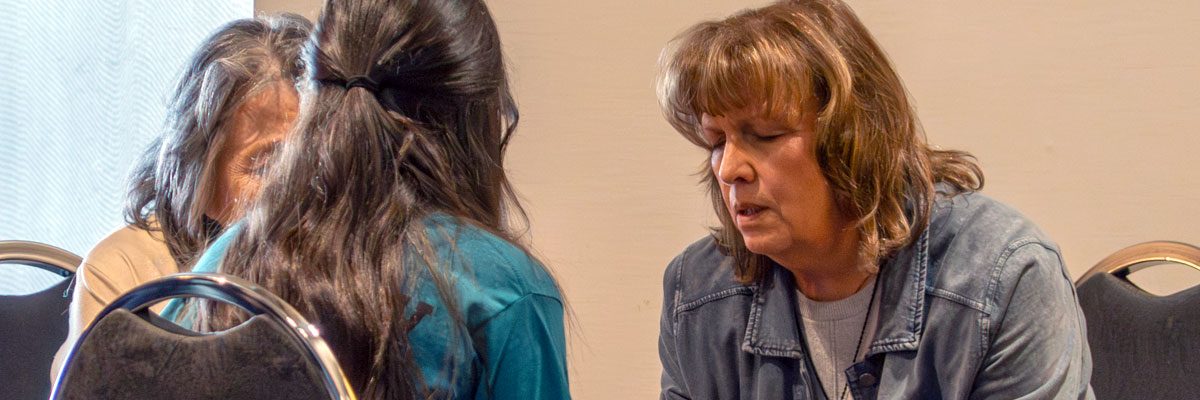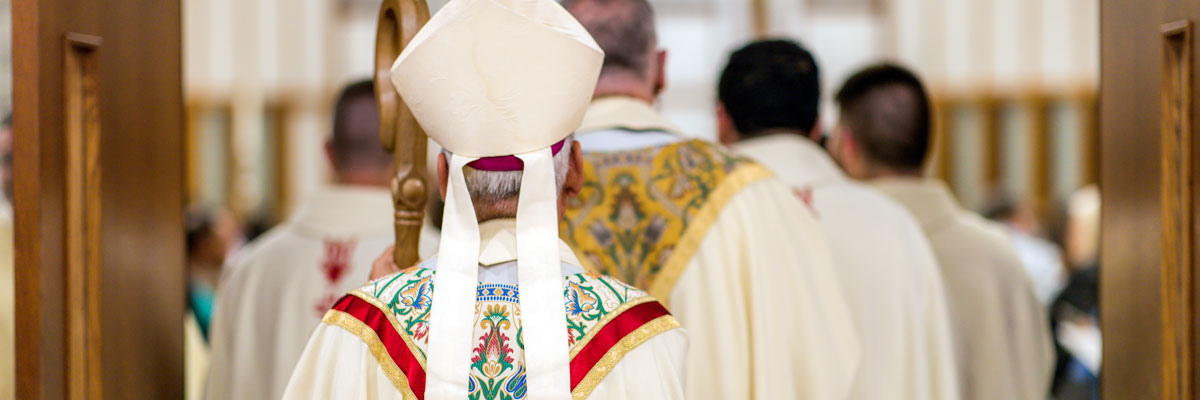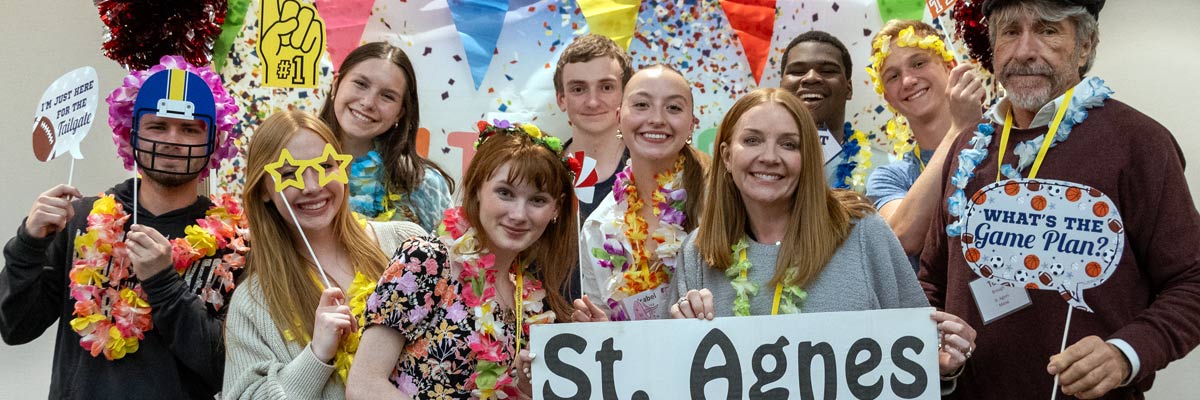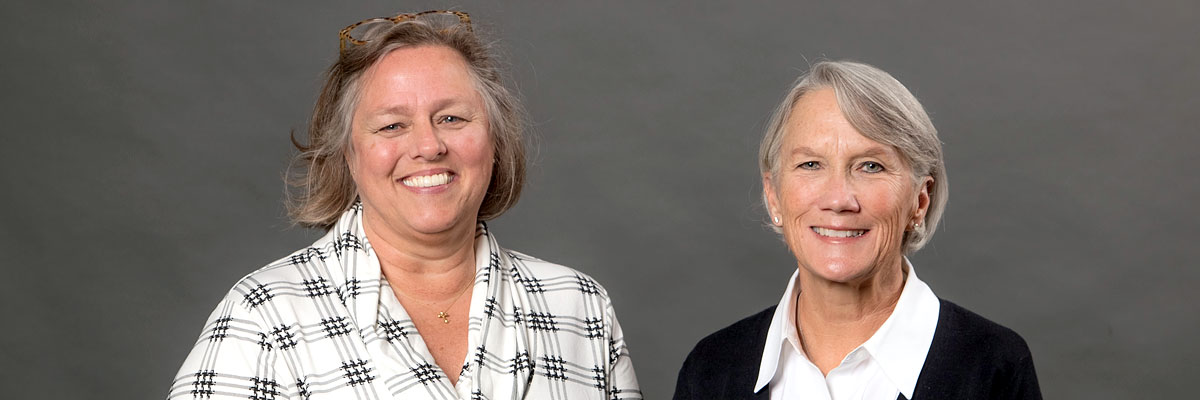Official Website of the
Catholic Diocese of Little Rock
Epiphany of the Lord 2023
Published: January 8, 2023
Bishop Anthony B. Taylor preached the following homily at St. Elizabeth Ann Seton Church in Ashdown and Sacred Heart Church in Foreman on Saturday, Jan. 7, 2023, and St. Edward Church in Texarkana on Sunday, Jan. 8, 2023.

Bishop Taylor
The greatest unresolved tension the framers of our constitution tried to finesse was how to reconcile the truth that "all men are created equal" proclaimed in our Declaration of Independence with the highly unequal reality on the ground, which is why they counted slaves as three-fifths of a person for purposes of representation, and Native Americans didn't count as persons at all. Neither of which had any protected rights.
Moreover, while we claimed that all “men” were created equal, women did not count either. They didn’t get the right to vote until 1920. And even among white males, Catholics and Jews were marginalized and subject to all sorts of discrimination. The high ideals of our founding fathers were undermined by our nation's original sins of racism and exploitation already entrenched from the beginning of the colonial period, and of which these same high-minded founding fathers were as guilty as anyone.
These injustices have left deep wounds in our nation's soul that even today — 158 years after the end of slavery and 98 years after granting citizenship to those whose lands our forbearers stole — are still far from being healed. The first Americans were the last Americans to gain U.S. citizenship — not until 1924 — and they didn’t get the right to vote in some states until 1957.
The Kingdom of God clearly included people of all nations and therefore the gentiles could become Christians just as they are, without having also to become Jewish. On today's feast of the Epiphany of the Lord, Luke tells us about the visit of the pagan Magi who worship Jesus without first becoming Jews.
Equal treatment under the law has been a long time in coming and the lasting consequences of over 400 years of exploitation, racism and nativism, continue to raise their ugly head even today.
The early Church faced a similar challenge: On what basis should they admit gentiles into a church that started out entirely Jewish? Some Jewish Christians could not conceive of full equality with gentile followers of Jesus. The reason they insisted on the circumcision of these converts was because they viewed Christianity as — in essence — a movement within Judaism; the fulfillment of Judaism, to be sure, but within Judaism, nonetheless.
Therefore, gentiles had to convert to Judaism in order to share fully in the victory of Jesus, the Jewish Messiah, and the messianic era he inaugurated. Luke, the only non-Jewish writer in the entire Bible is our chief witness to the alternate view, which eventually prevailed: that the Kingdom of God Jesus proclaimed was a more inclusive concept than what was usually meant by the phrase "the messianic era."
The Kingdom of God clearly included people of all nations and therefore the gentiles could become Christians just as they are, without having also to become Jewish. On today's feast of the Epiphany of the Lord, Luke tells us about the visit of the pagan Magi who worship Jesus without first becoming Jews.
Elsewhere he preserves the memories of Jesus' own witness to universal brotherhood through his encounters with pagans who professed faith in him, and then in the Acts of the Apostles, Luke gives us our the earliest and fullest account of the mission to the gentiles and their full inclusion in the Church.
But then the 2,000 years of Church history that followed is stained with many instances where we have failed to live up to this ideal of equal inclusion of all, not only in the Kingdom of God writ large, but also in the contemporary church in our parishes and throughout the world.
As we gather to celebrate epiphany, let us consider what we need to do to bring the good news we celebrate today to those within our communities who, for whatever reason, do not yet not feel fully included, for instance newcomers and divorcees and those of a different language group or ethnicity.
Also people with LGBTQ issues whose God-given human dignity we must cherish and never forget, even when we must proclaim truths with love and compassion that they find personally challenging, aware also that they often have challenging things to teach us too, especially about love and unconditional acceptance.
The Magi traveled many miles to bring gifts expressive of their faith in Jesus as king (gold), God (frankincense), and sacrificial victim (myrrh). You and I don't have to travel very far at all to bring our gifts, expressive of our faith, to Jesus who comes to us in those who most need our mercy, compassion and welcome today.









